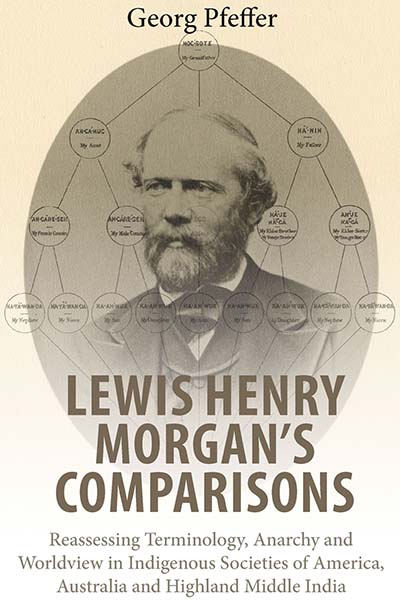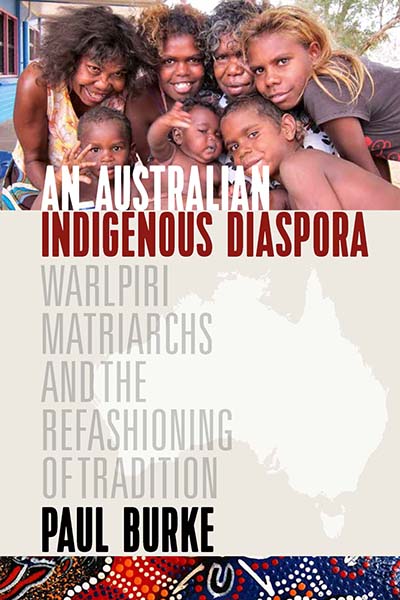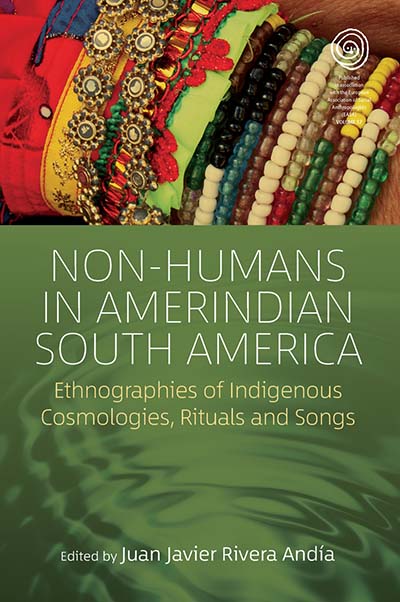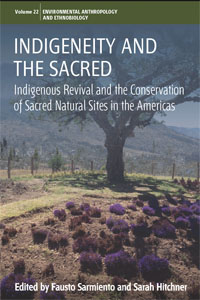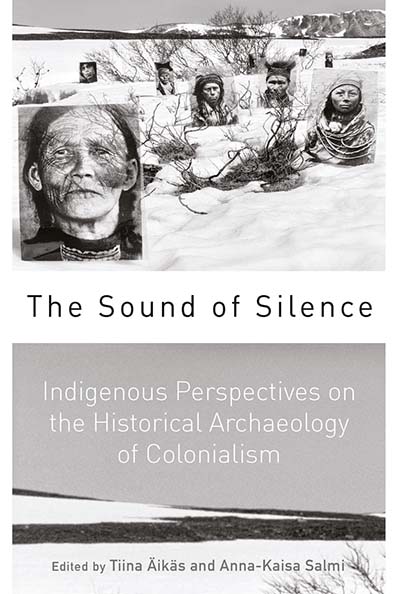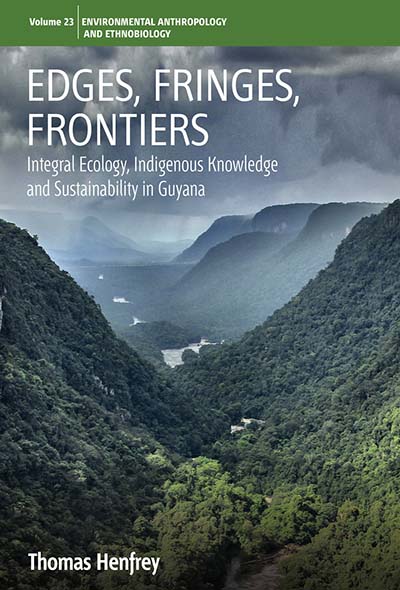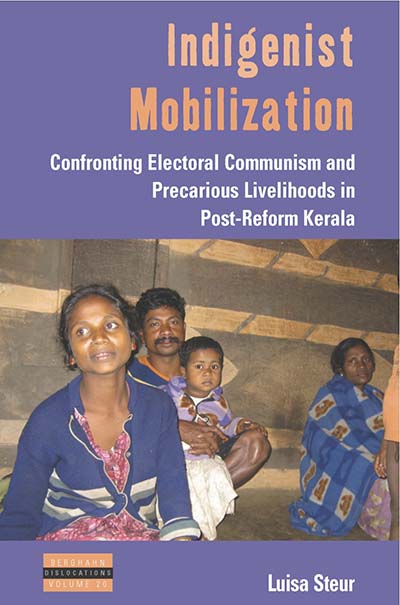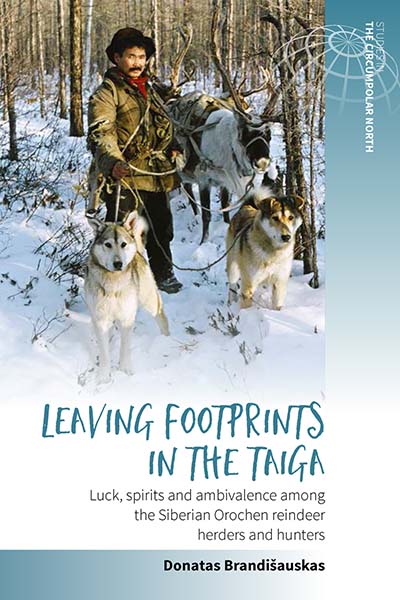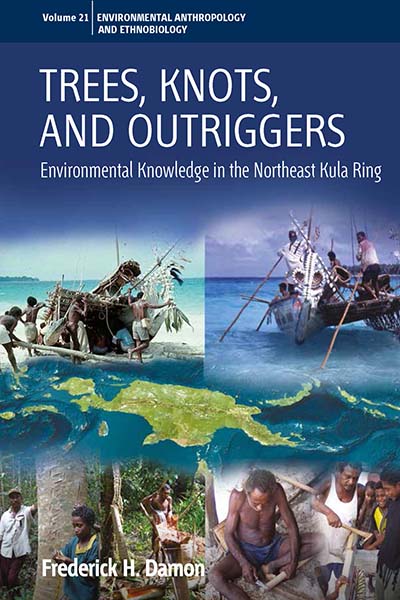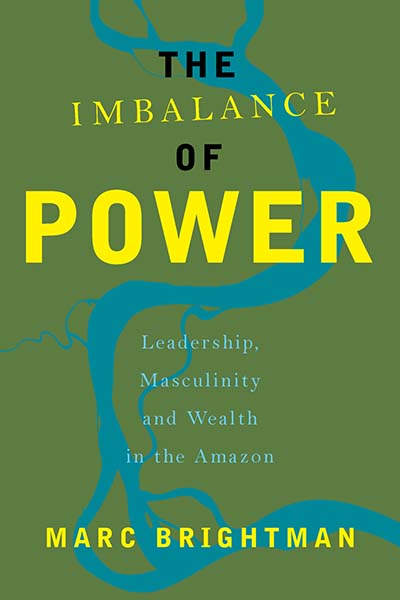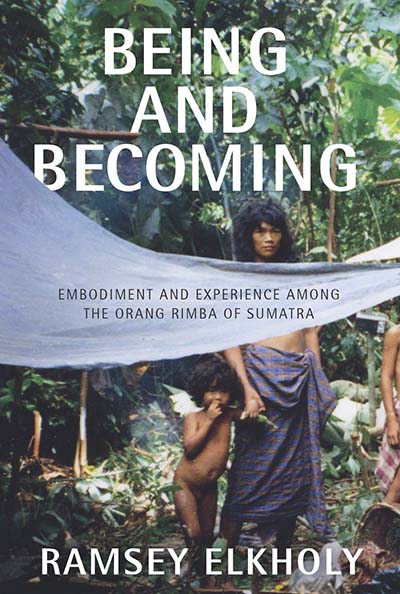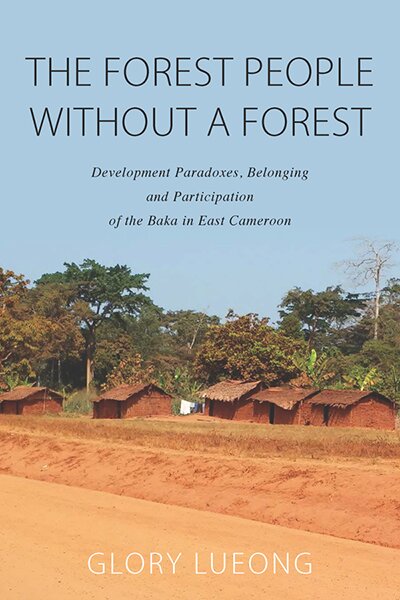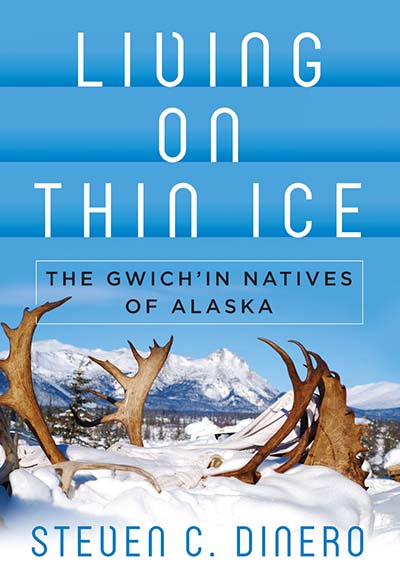August 9, 2019
The United Nations’ International Day of the World’s Indigenous Peoples is observed on August 9 each year to honor the estimated 370 million indigenous people around the world. The day was established to recognize the first meeting of the United Nations Working Group on Indigenous Populations held in Geneva in 1982.
This year’s theme is indigenous languages. While indigenous people speak the majority of the world’s estimated 7,000 languages, the UN estimates that every two weeks an indigenous language disappears, threatening the survival of the respective cultures and knowledge systems. This day’s goal is to “draw attention to the critical loss of indigenous language and the urgent need to preserve, revitalize, and promote them at both national and international levels.”
For more information, please visit UN.org or keep reading to view our featured titles.
In recognition, Berghahn Journals is offering full access to Sibirica until August 16. To access, use promo code IDP19. View redemption instructions.
This year Berghahn Books turns 25! To mark this important milestone, we are offering 25% off all books. For print titles, please add the coupon code BB25. For eBooks, the discount is automatic.
LEWIS HENRY MORGAN’S COMPARISONS
Reassessing Terminology, Anarchy and Worldview in Indigenous Societies of America, Australia and Highland Middle India
Georg Pfeffer
From a new perspective, this book re-examines, confirms, and criticizes Lewis Henry Morgan’s findings on the three domains of relationship terminologies, societal forms, and ideas of property.
» Read the introduction.
AN AUSTRALIAN INDIGENOUS DIASPORA
Warlpiri Matriarchs and the Refashioning of Tradition
Paul Burke
This innovative book is the first ethnographic account of the Warlpiri’s indigenous diaspora, whose traditional hunter-gatherer life has been transformed through their dispossession and involvement with ranchers, missionaries, and successive government projects of recognition.
» Read the introduction.
NON-HUMANS IN AMERINDIAN SOUTH AMERICA
Ethnographies of Indigenous Cosmologies, Rituals and Songs
Edited by Juan Javier Rivera Andía
Volume 37, European Association of Social-Anthropologists (EASA) series
Drawing on fieldwork from diverse Amerindian societies whose lives and worlds are undergoing processes of transformation, adaptation, and deterioration, this volume offers new insights into the indigenous constitutions of humanity, personhood, and environment characteristic of the South American highlands and lowlands.
» Read the introduction.
INDIGENEITY AND THE SACRED
Indigenous Revival and the Conservation of Sacred Natural Sites in the Americas
Edited by Fausto Sarmiento and Sarah Hitchner
Volume 22, Environmental Anthropology and Ethnobiology series
This book presents current research in the political ecology of indigenous revival and its role in nature conservation in critical areas in the Americas. An important contribution to evolving studies on conservation of sacred natural sites (SNS), the book elucidates the complexity of development scenarios within cultural landscapes related to the appropriation of religion, environmental change in indigenous territories, and new conservation management approaches.
» Read the introduction.
Publishing September 2019!
THE SOUND OF SILENCE
Indigenous Perspectives on the Historical Archaeology of Colonialism
Edited by Tiina Äikäs and Anna-Kaisa Salmi
Colonial encounters between indigenous peoples and European state powers are overarching themes in the historical archaeology of the modern era, and postcolonial historical archaeology has repeatedly emphasized the complex two-way nature of colonial encounters. This volume examines common trajectories in indigenous colonial histories and explores new ways to understand cultural contact, hybridization, and power relations between indigenous peoples and colonial powers from the indigenous point of view.
» View the table of contents.
EDGES, FRINGES, FRONTIERS
Integral Ecology, Indigenous Knowledge and Sustainability in Guyana
Thomas B. Henfrey
Volume 23, Environmental Anthropology and Ethnobiology series
Based on an ethnographic account of subsistence use of Amazonian forests by Wapishana people in Guyana, Edges, Frontiers, Fringes examines the social, cultural and behavioral bases for sustainability and resilience in indigenous resource use.
» Read Chapter 1.
INDIGENIST MOBILIZATION
Confronting Electoral Communism and Precarious Livelihoods in Post-Reform Kerala
Luisa Steur
Volume 20, Dislocations series
This book offers a detailed ethnographic study of the dynamics between the Communist party and indigenist activists, defining the subtle ways in which global capitalist restructuring leads to a resonance of indigenist visions in the changing everyday working lives of subaltern groups in Kerala.
» Read the introduction.
LEAVING FOOTPRINTS IN THE TAIGA
Luck, Spirits and Ambivalence among the Siberian Orochen Reindeer Herders and Hunters
Donatas Brandišauskas
Volume 1, Studies in the Circumpolar North
Brandišauskas describes in rich details the skills, knowledge, ritual practices, storytelling, and movements that enable the Orochen to “catch luck” (or not, sometimes), to navigate times of change and upheaval.
» Read the introduction.
TREES, KNOTS, AND OUTRIGGERS
Environmental Knowledge in the Northeast Kula Ring
Frederick H. Damon
Volume 21, Environmental Anthropology and Ethnobiology
Trees, Knots, and Outriggers is the culmination of twenty-five years of work by Frederick H. Damon and his attention to cultural adaptations to the environment in Melanesia. Damon details the intricacies of indigenous knowledge and practice in his sweeping synthesis of symbolic and structuralist anthropology with recent developments in historical ecology.
» Read the introduction.
THE IMBALANCE OF POWER
Leadership, Masculinity and Wealth in the Amazon
Marc Brightman
The Imbalance of Power demonstrates ethnographically that the Carib speaking indigenous societies of the Guiana region of Amazonia do not fit conventional characterizations of ‘simple’ political units with ‘egalitarian’ political ideologies and ‘harmonious’ relationships with nature. Marc Brightman builds a persuasive and original theory of Amerindian politics: far from balanced and egalitarian, Carib societies are rife with tension and difference; but this imbalance conditions social dynamism and a distinctive mode of cohesion.
» Read the introduction.
BEING AND BECOMING
Embodiment and Experience among the Orang Rimba of Sumatra
Ramsey Elkholy
Anthropologist Ramsey Elkholy treats embodied action and perception as the basis of shared experience and shows how various forms of embodied experience constitute the very foundations of human culture. In a unique methodological contribution focusing on the Orang Rimba of Sumatra, Elkholy adopts a set of body-centered approaches that reflect and capture the day-to-day, moment-to-moment ways in which people engage with the world.
» Read the introduction.
THE FOREST PEOPLE WITHOUT A FOREST
Development Paradoxes, Belonging and Participation of the Baka in East Cameroon
Glory M. Lueong
This book examines how the Baka, who live in Eastern Cameroon, assert forms of belonging in order to participate in development interventions, and how community life is shaped and reshaped through these interventions.
» Read the introduction.
LIVING ON THIN ICE
The Gwich’in Natives of Alaska
Steven C. Dinero
Using quantitative and qualitative data gathered since the turn of the millennium, this volume offers an interdisciplinary evaluation of the developments that have occurred in the community of the Gwich’in Natives over the past several decades.
» Read the introduction.
Of Related Interest from Berghahn Journals

In recognition of Internation Day of the World’s Indigenous Peoples, Berghahn Journals is offering full access to Sibirica until August 16.
To access, use promo code IPD19. View redemption instructions.
Related Articles
Journal of Legal Anthropology
Women’s Rights and Sovereignty/Autonomy: Negotiating Gender in Indigenous Justice Spaces (Vol. 1, Issue 3)
Theoria: A Journal of Social and Political Theory
Rescuing Indigenous Land Ownership: Revising Locke’s Account of Original Appropriation through Cultivation (Vol. 61, Issue 139)
Transfers
Micromobility, Space, and Indigenous Housing Schemes in Australia after World War II (Vol. 8, Issue 2)
Related Special Issues
Environment and Society
Special Issue: Indigenous Resurgence, Decolonization, and Movements for Environmental Justice (Vol. 9)
Social Analysis
Special Issue: Theorizing Relations in Indigenous South America (Volume 63, Issue 2)
Related Special Sections
Girlhood Studies
Special Section: Indigenous Girls (Vol. 9, Issue 2)
Museum Worlds
Special Section: Ritual Repatriation (Vol. 5)


